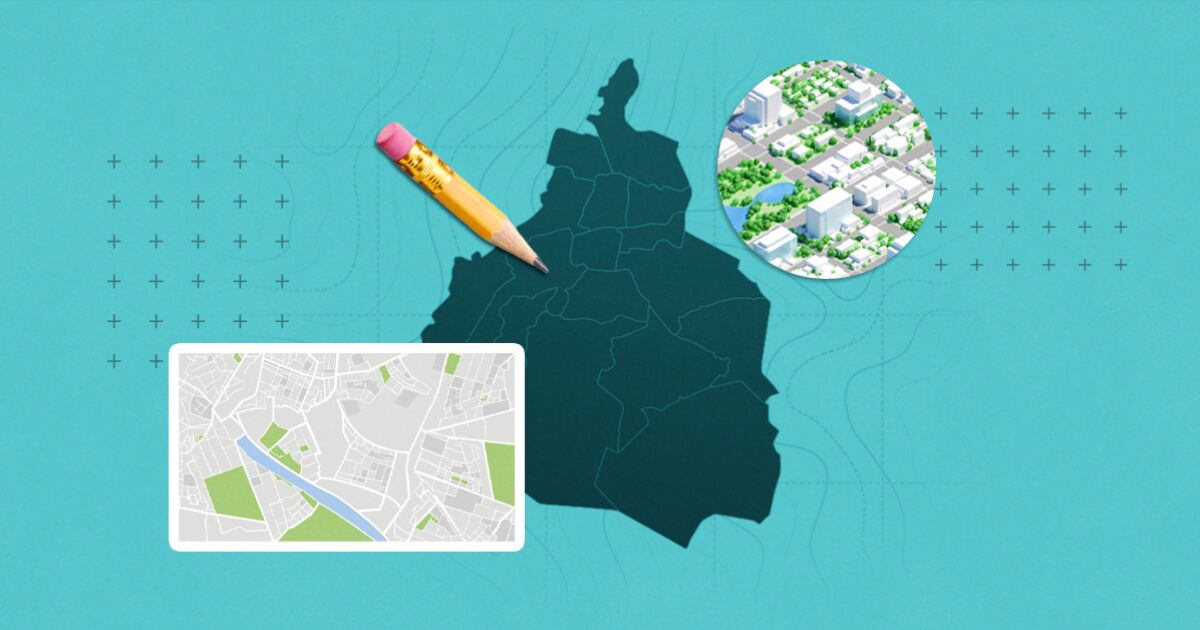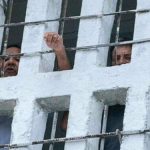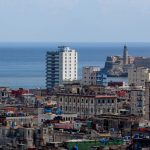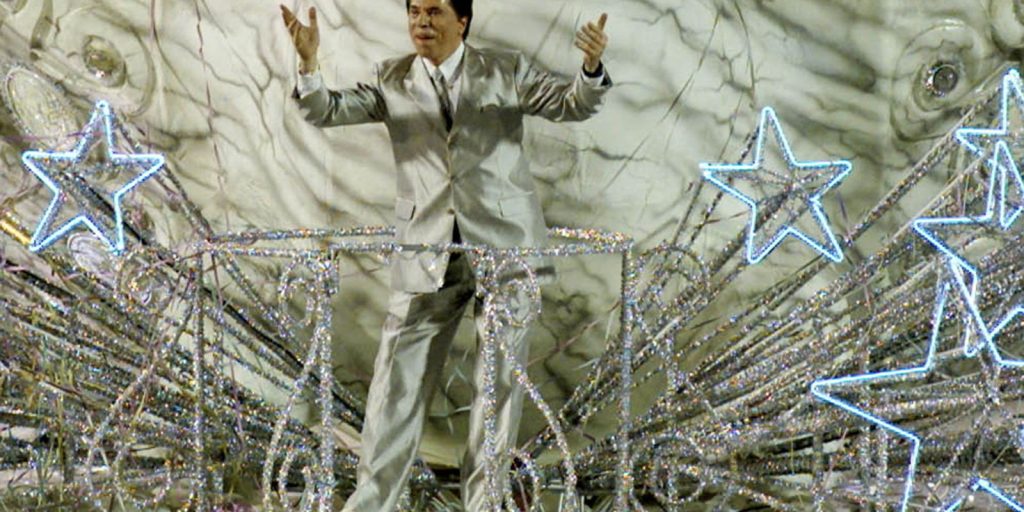Experts also consider the projects presented to be insufficient, as they focus on urban development and do not sufficiently address priority issues such as risk management.
“Risk management is the basis for having a sustainable city and we are referring to what we experienced just a few months ago, the water shortage, and these days the floods; the earthquakes and we never know when the next one is coming but we should know how to mitigate the damage,” explains Tapia.
Federico Döring, coordinator of the PAN parliamentary group in the capital’s Congress, agrees that in the discussion of the General Development Plan and the General Urban Planning Program, aspects such as the city’s vulnerability to earthquakes and water supply were left aside.
“The conditions of seismic activity and water availability in the city were not included in the discussion. Time has proved us right with the drought that we have experienced this year, the problems of contaminated water throughout the city, the tremors, the lack of citizen participation,” said the opposition legislator.
A new opportunity with Brugada
When she takes office as head of government, Brugada will not have the General Development Plan, on which, according to the local Constitution, she should base her Government Program for the next six years.
“What will happen when the new head of government arrives, wants to present her Government Program with all its actions and programs, vision of the city and construction of 100 Utopias, and realizes that there is no basis for measurement?” Rosales asks.
Meanwhile, the director of Ruta Cívica hopes that Brugada will call for dialogue with the different sectors of society and restart the process, in order to ensure that Mexico City has its planning instruments.

















